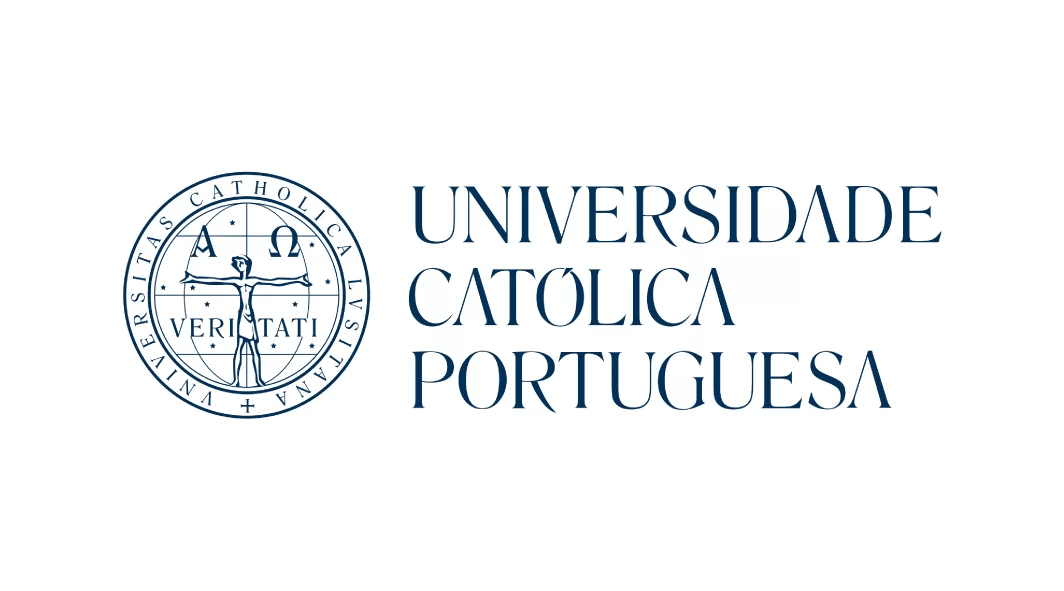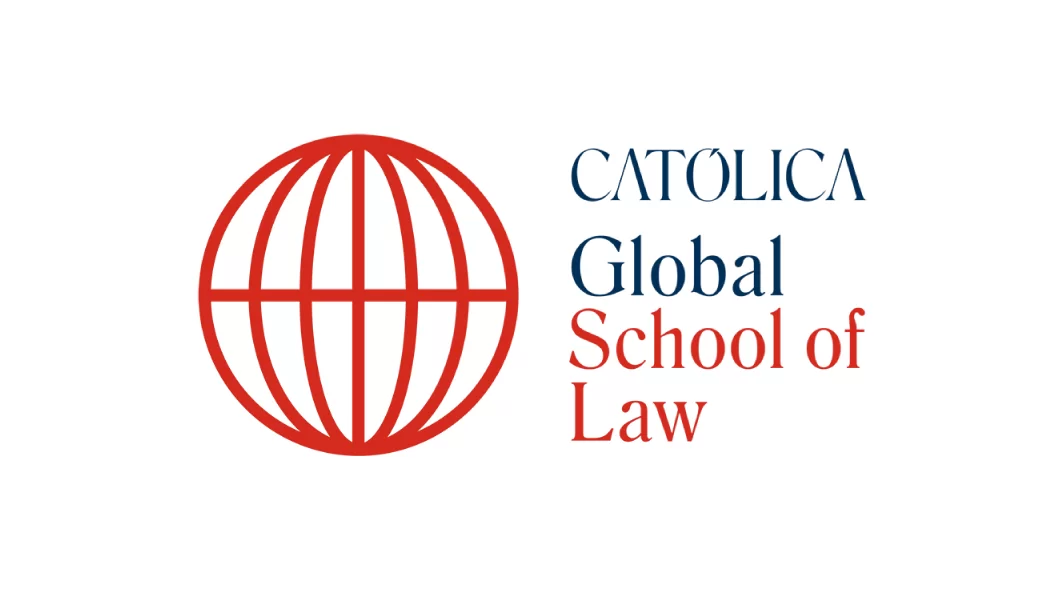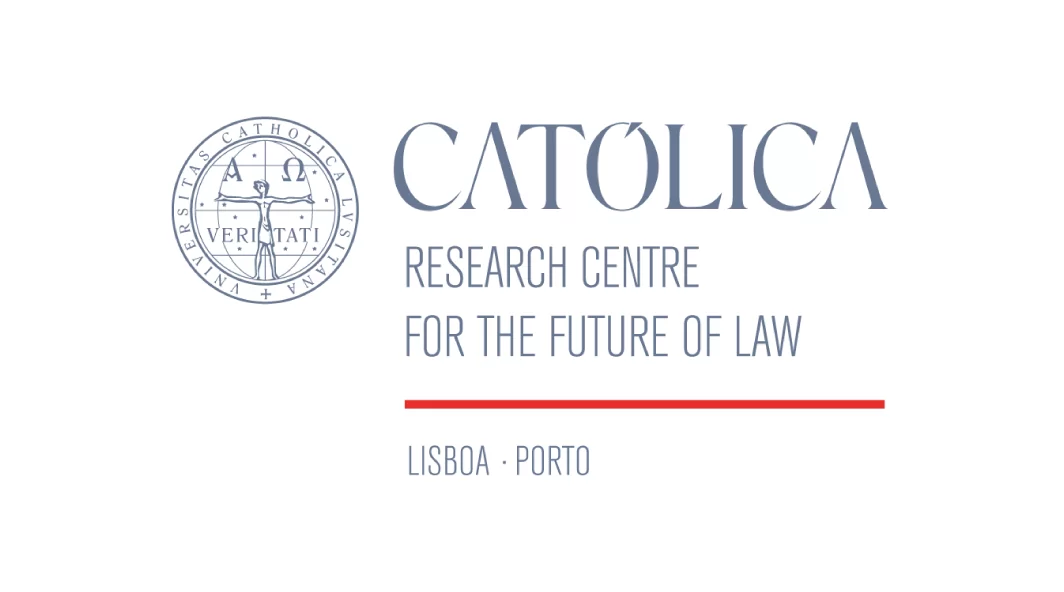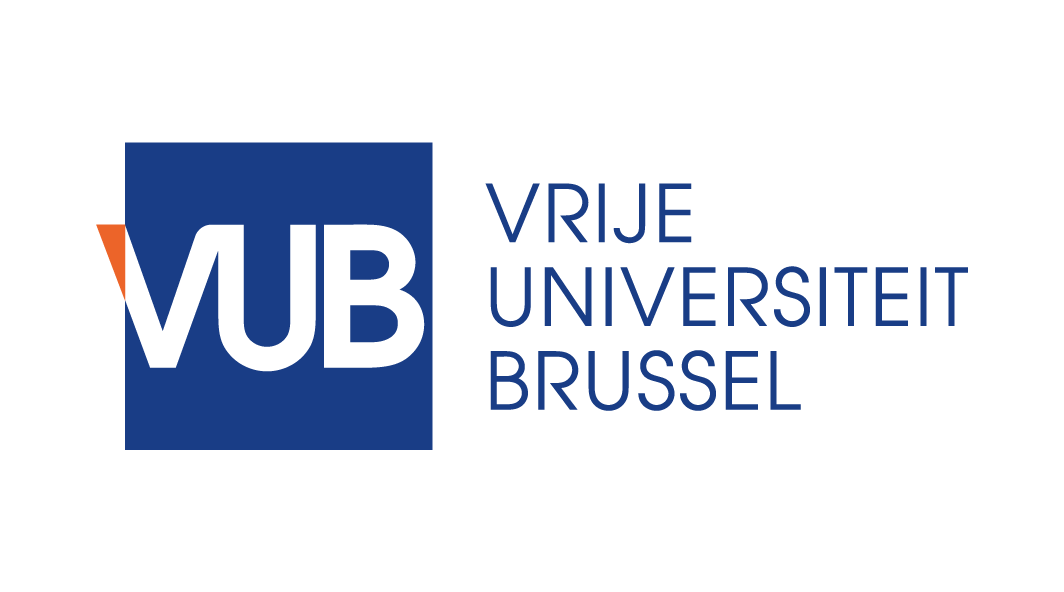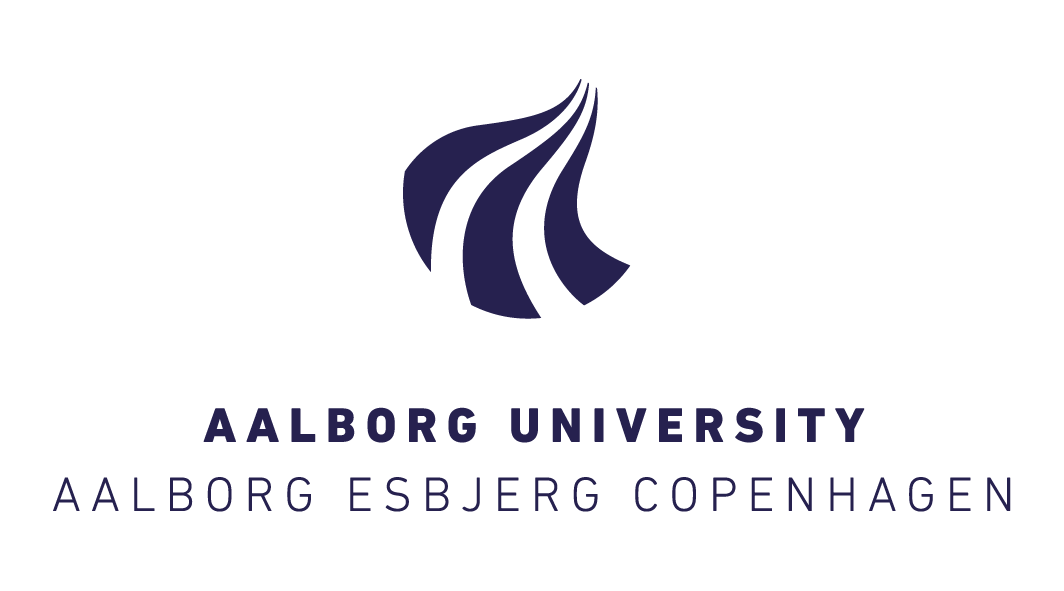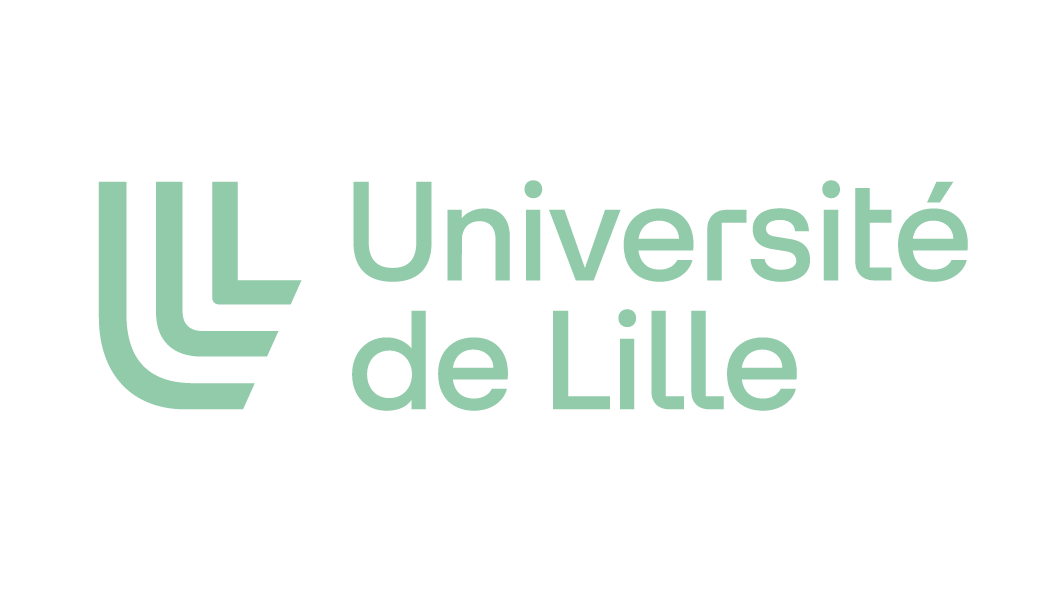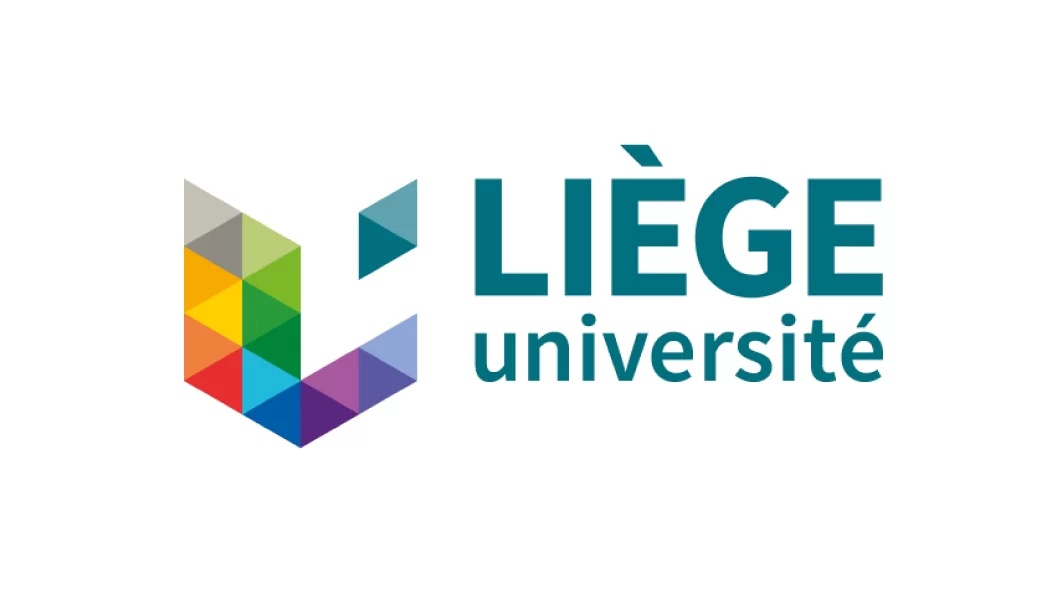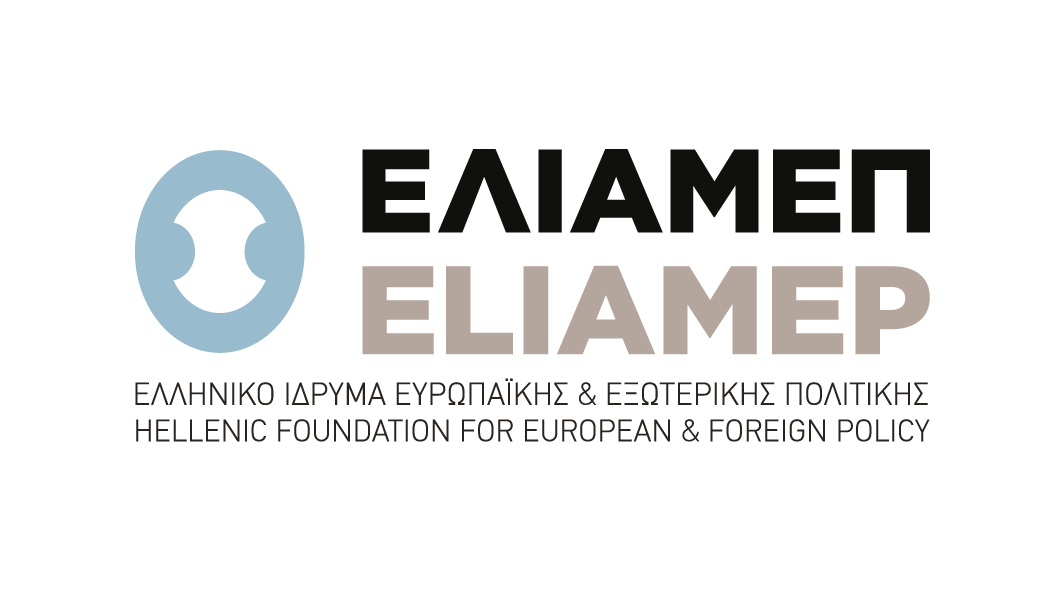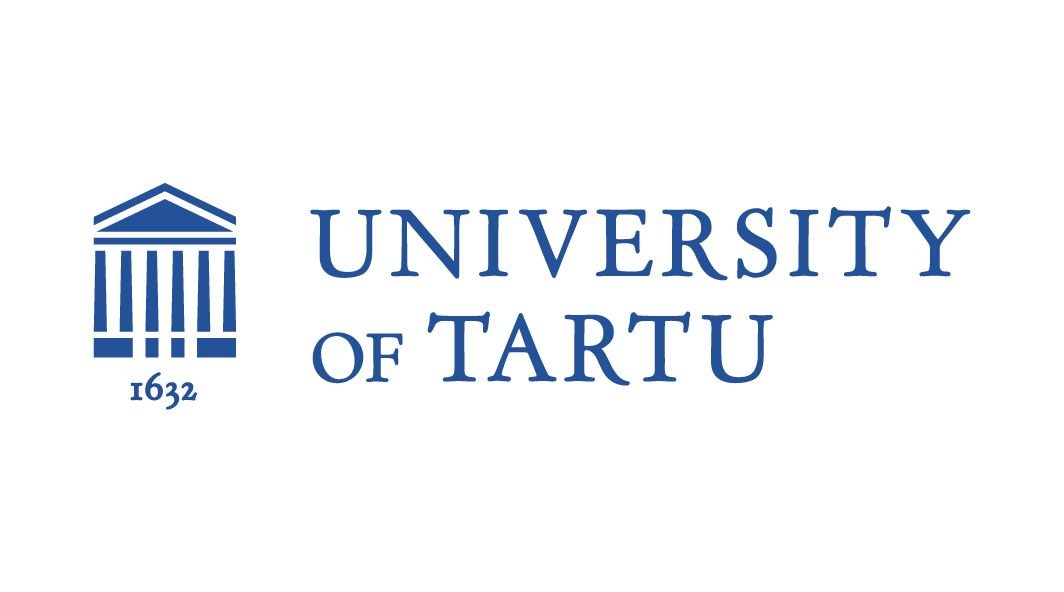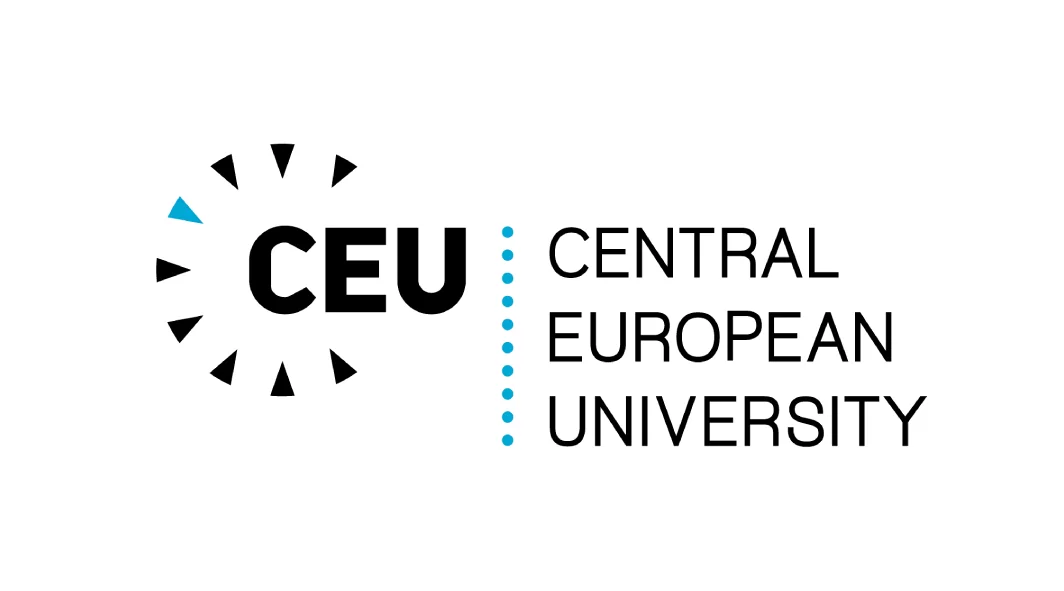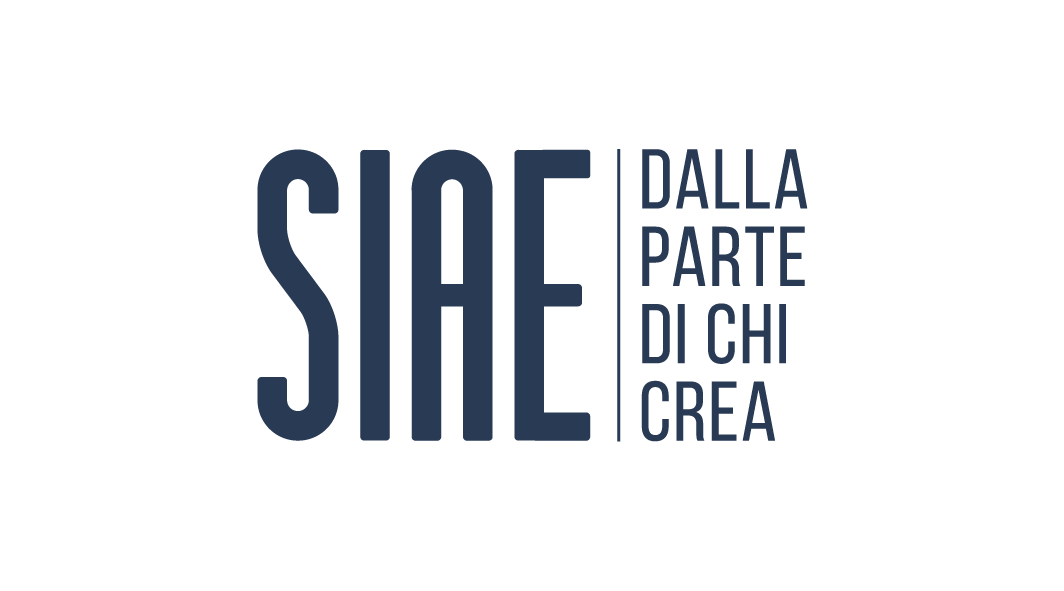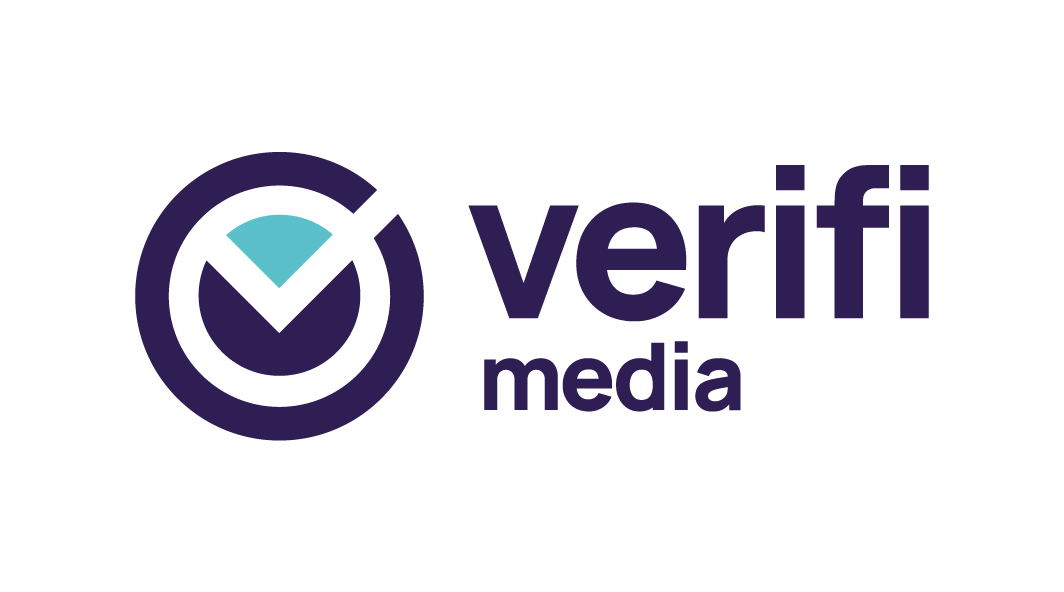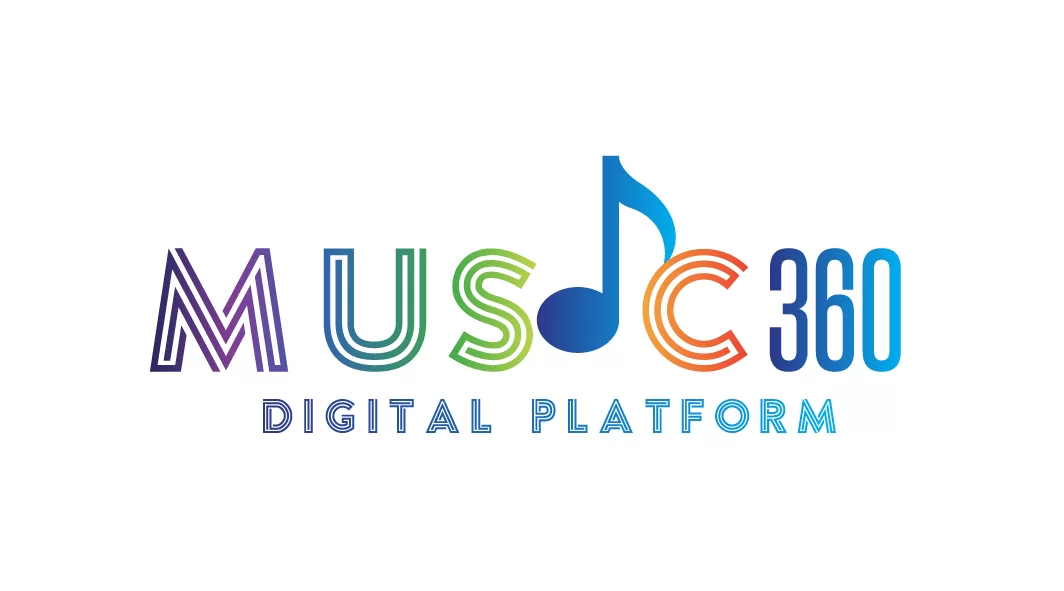
A “Big Bang” for the European music ecosystem
The music sector in Europe can become fairer, more competitive, and sustainable: FAIRMUSE provides a timely response to the increased dominance of the biggest online music platforms and their algorithms.
The project emphasises fairness in the future of the music industry – but also much more. It also seeks to preserve and promote cultural diversity, an EU constitutional obligation.

Fairness at the click of a song
Who decides the next song on your daily playlist? How do we know that the money made from streaming goes into the right pockets? How can you make sure your favourite artist gets paid fairly for their music?
Fair MusE seeks to give a transparent answer to these questions by:
- providing an interdisciplinary analysis of fairness in the music industry by involving music creators and consumers in the discussion
- promoting more transparency in music industry practices and the standardisation of data collection in the European music ecosystem
- making policymakers, stakeholders, and the general public more aware of the risks created by the reinforced dominance of the largest online platforms prompted by COVID 19 .
with everyone
Output
A toolkit for a fair split
FAIRMUSE designs an innovative and strong set of co-created solutions to make the European music ecosystem more transparent and sustainable. The expected output includes:

MUSIC COPYRIGHT INFRASTRUCTURE
A data-sharing model agreement to enhance transparency in royalties and licensing.

MUSIC DATA DASHBOARD
A portal providing statistical indicators on the economic and societal value of the European music sector.

FAIRNESS SCORE
A tool to assess the multi-faceted fairness of music services and social media.

WHITE PAPER
A report with policy recommendations to enhance competitiveness, sustainability, transparency, and fairness in the European music sector.
Impacts
FAIRMUSE looks forward
FAIRMUSE seeks to raise awareness about how music algorithms, data collection, and exploitation models of social media and streaming platforms influence music creators and audiences. The project’s output could potentially have several economic, scientific, and social impacts:
Economic impacts
The entire music industry benefits from greater opportunities for sustainable growth that the rights management assets and technologies provided by the Music Copyright Infrastructure offer, as well as from a much clearer understanding and evidence of the fairness of the leading music platforms and services. The new insights will allow the sector to develop new strategies or adapt its business models to more sustainable and transparent processes.
Scientific impacts
FAIRMUSE will lead to a significant increase in knowledge about the current and future impact of online platforms on music creators’ rights, the economic and social value of digital music (and its possible modification or devaluation).
Societal impacts
Music and musical works constitute a key sector for European cultural heritage. The results of FAIRMUSE will help safeguard and promote musical culture through appropriate responses to multiple social, economic, technological and artistic changes.
Approach
Research is paramount to music
FAIRMUSE’s research improves the state-of-the-art of how algorithms are influencing music consumption by analysing the phenomenon of “platformisation” and the overall economic performance of the music industry. The project’s team of academic partners and industry experts is divided in four research hubs, each addressing a different field of work:
Politics
FAIRMUSE provides a comprehensive policy analysis of the various EU initiatives to rethink how the music sector works. Such an exhaustive analysis is strongly needed to understand the origin, nature, breadth, and degree of policy changes towards the governance of online platforms in Europe and the implications for the entire platform music ecosystem.
Law
FAIRMUSE aims to develop a data-driven approach to copyright which legally enshrines music creators’ rights to a fair share of revenue. The project provides a cross-country analysis of the impact of new copyright and license agreements models formulated in the Music Copyright Infrastructure: a project’s result consisting of a law-data-and-technology concept.
Economics and business
FAIRMUSE addresses fairness from an economic perspective in its analysis of value networks. As the music industry and its business models are constantly evolving, the project contributes to the existing literature by integrating the latest developments in the analysis of value networks, music professionals’ perspectives and innovative business models.
Computer and data science
FAIRMUSE innovates access to data by collecting data from playlists recruited from over 1000 users spread across a variety of streaming platforms, including: Spotify, Apple Music, YouTube Music, Deezer, and Sound Cloud. This will be enabled by the GDPR right to obtain personal data held by a service provider. With the data and the related statistics, the research partners will conduct an in-depth analysis of how platforms and their algorithms work and influence consumers.
Consortium
An interdisciplinary work group
FAIRMUSE’s interdisciplinary team of academic and industry partners is key to assessing how changes in music consumption influences the role of music in society and to proposing legal responses to the domination of online music platforms in Europe. The consortium is made up of 11 partners from 9 countries – Portugal, Belgium, Denmark, France, Greece, Estonia, Austria, Italy, and the UK – who each have specific knowledge in the various scientific areas that are required to meet the project’s objectives. Visit the Team section to learn more.
Supported by an Advisory Board of specialist representatives from the wider music industry, Fair MusE’s interdisciplinary research team consists of academic experts with backgrounds in law, economics, social, political, computer and data sciences:

